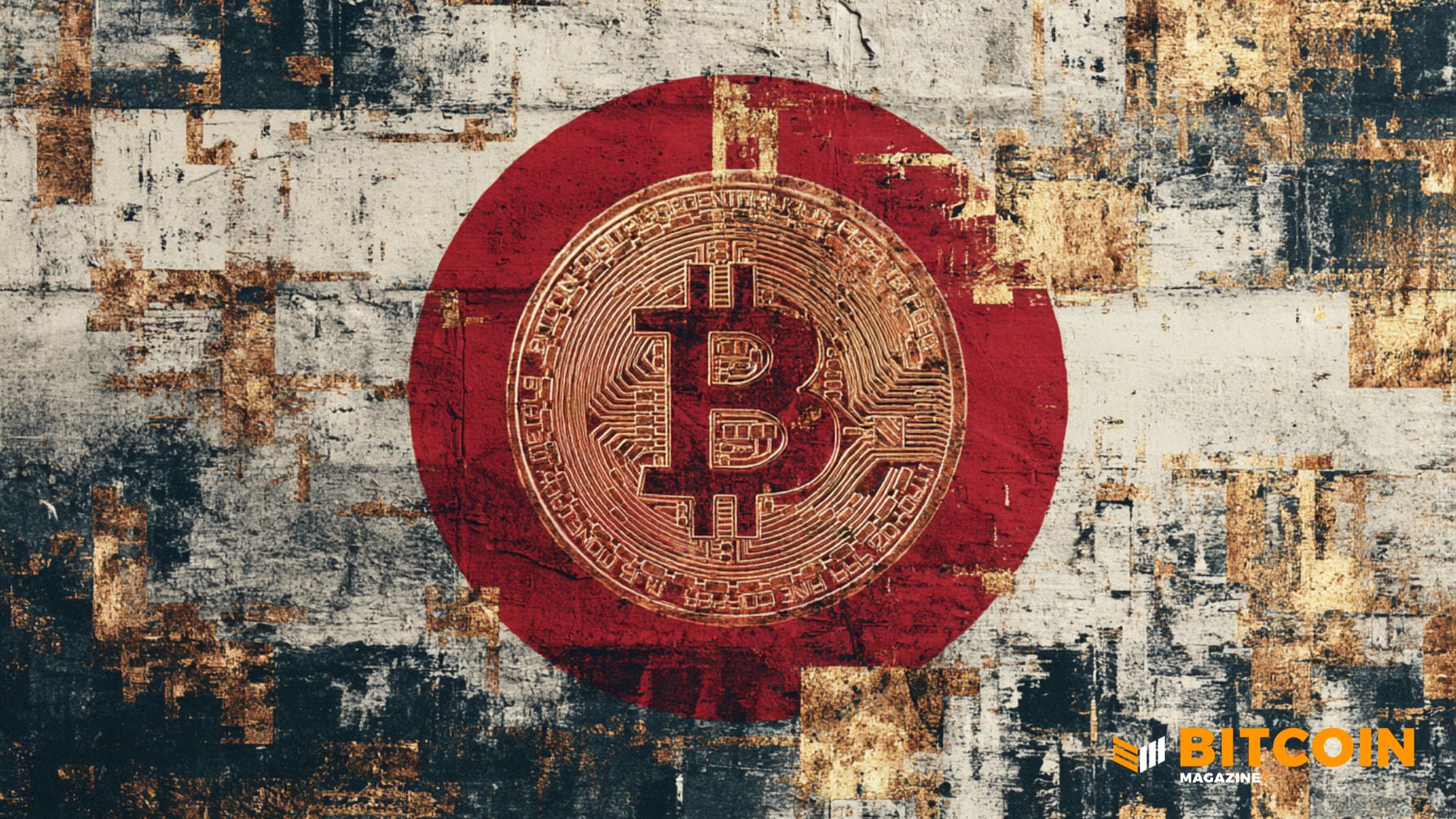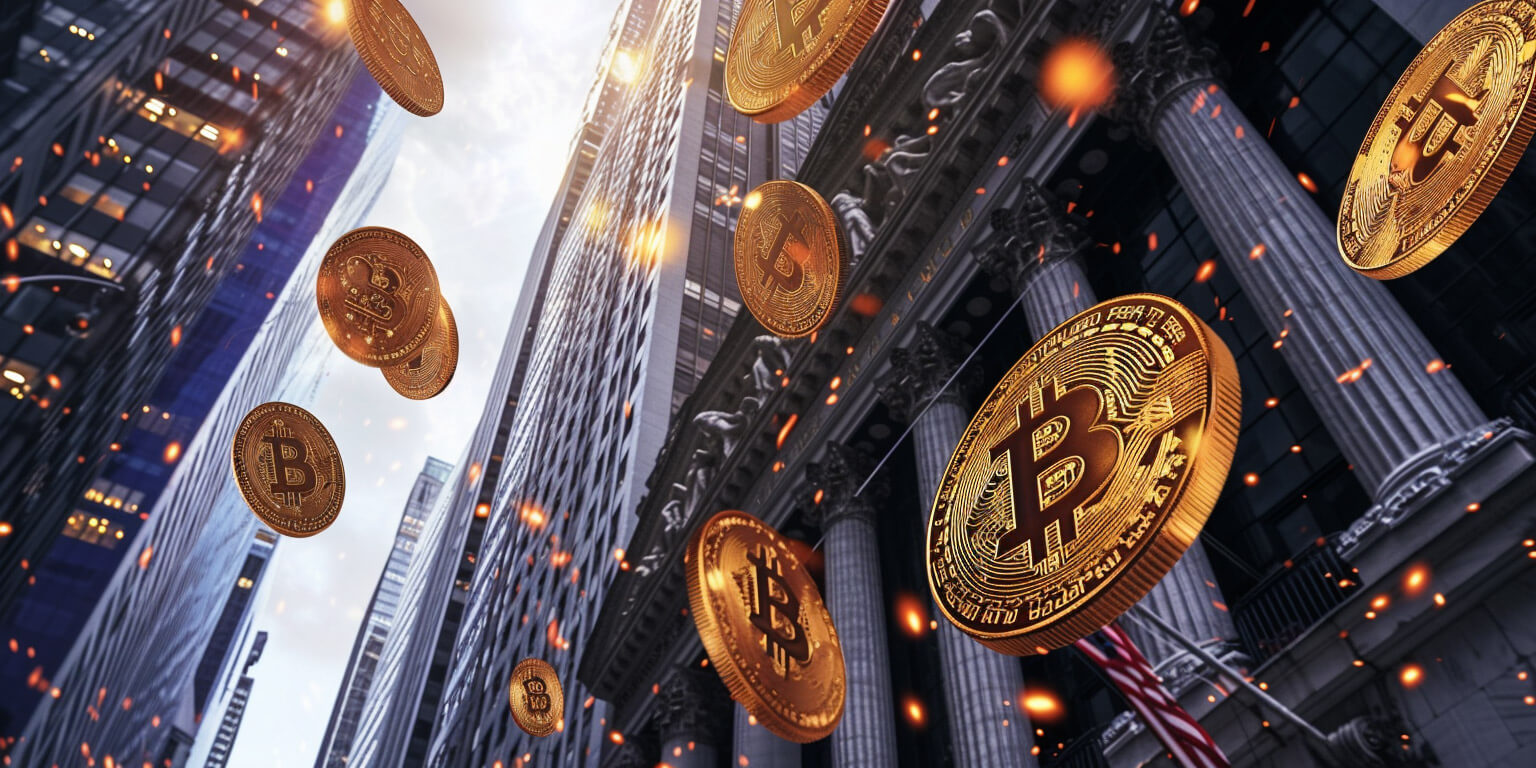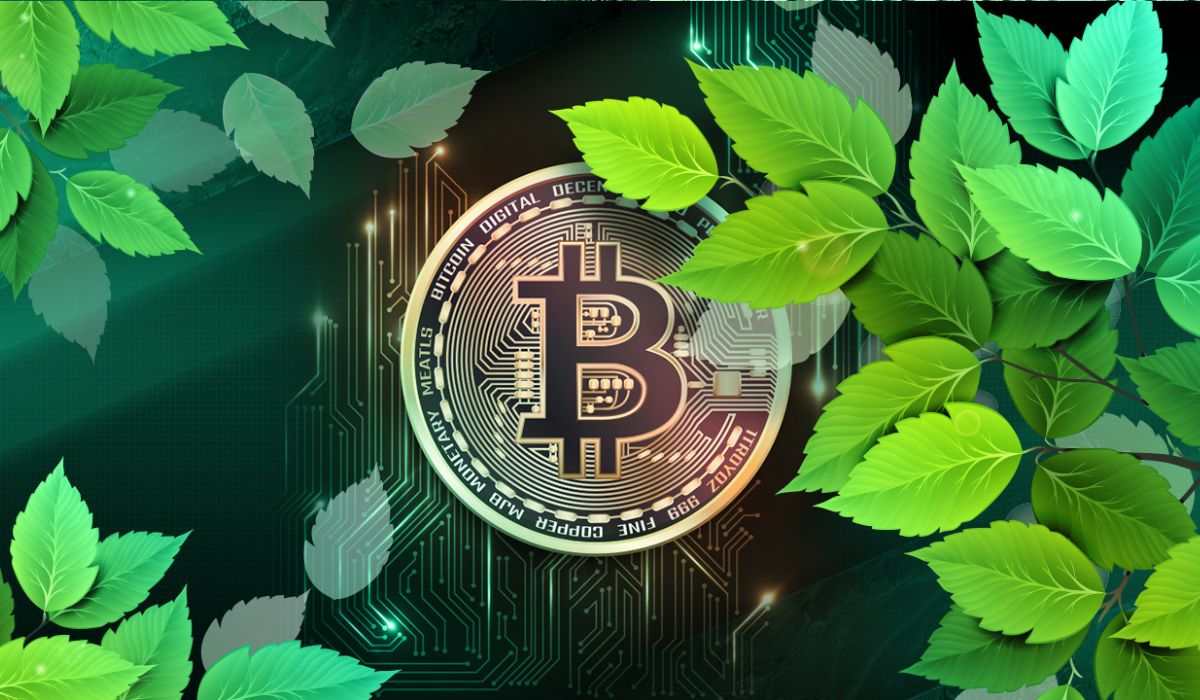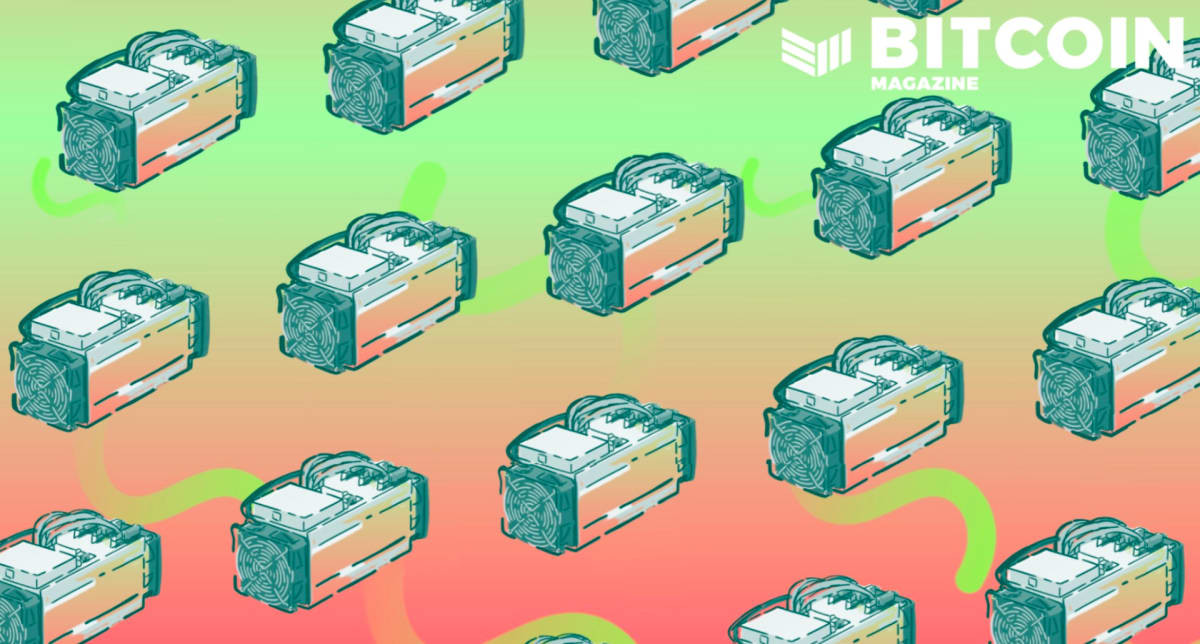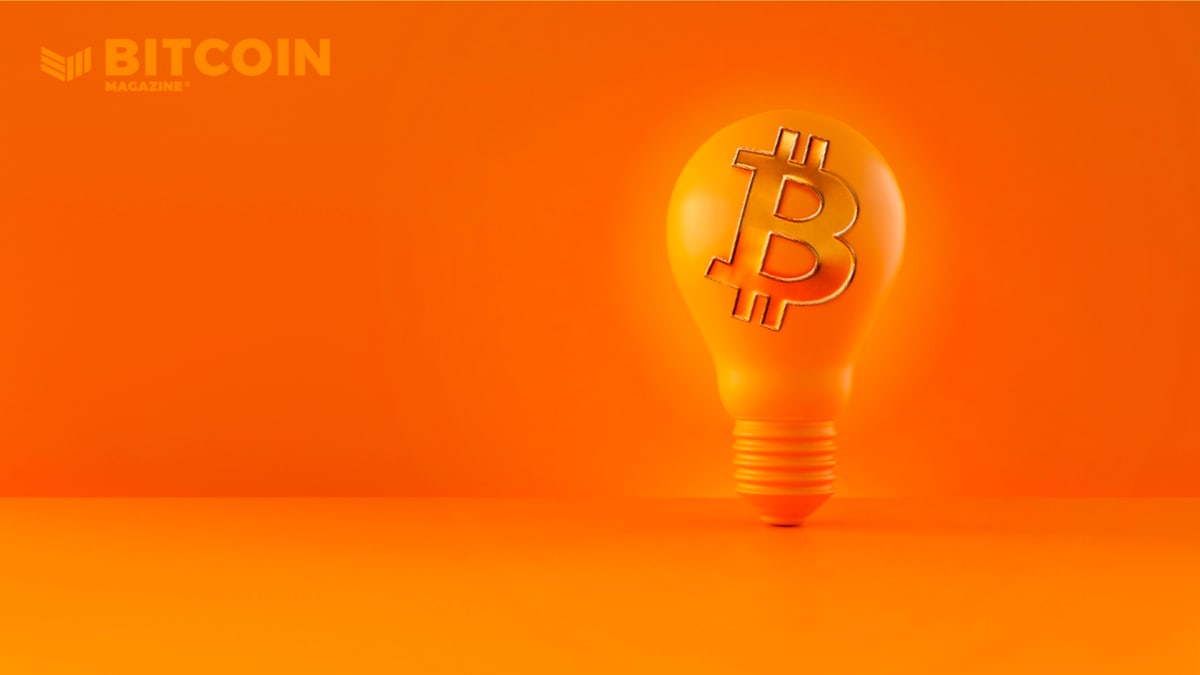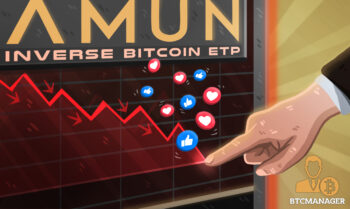2021-8-5 18:30 |
The sharp ups and downs in price typical for Bitcoin may frighten newcomers to the crypto industry. However, anyone who has been following BTC for a relatively long period of time has grown accustomed to these fluctuations– you are unlikely to be afraid of a fall from $60,000 to $30,000 thousand if you have previously seen a fall from $20,000 to $3,000 thousand and the subsequent long rise to $60,000.
Fluctuations with such high volatility are much less common in traditional financial markets. Occasionally, however, the price of financial instruments drops sharply, and the financial system enters a state of crisis.
A few past crises come to mind– the crisis of 2007-2008 or the dot-com bubble. These phenomenons have similarities, and cryptocurrency investors have many insights to gain from the financial crises of the past.
Let’s see what we can learn from prior moments of tumultuous financial history.
The following article is a guest post by Bert Kozma, a writer, and Editor-in-Chief at Cryptogeek.info. He has covered cryptocurrency and financial markets for the last decade as an author and borrows from his experience as a sales and marketing expert. He holds a Bachelor’s Degree in International Business from Saimaa University of Applied Sciences.
Editor’s note: The following article is not investment advice and is intended solely for the purpose of entertainment and education. Cryptocurrency is an incredibly volatile industry and always speak with a licensed financial advisor before taking on any investments.
Lesson 1: Follow the Crowd at Your Peril.The crowd tends to be a poor advisor when it comes to financial decisions; it panics easily, and its actions are often contrary to logic and common sense.
In 2005, 3 years before the onset of the global financial crisis, several people managed to predict the growing bubble in the USA housing market.
Those individuals were able to profitably invest and make money from the subsequent financial crisis. Described in the book “The Big Short” by Michael Lewis and its eponymous film, most of the “experts” at the time did not believe that there was a market bubble, and the outliers suggesting otherwise were crazy.
Scion Capital hedge fund manager Michael Burry campaigned to convince his investors that he is using their assets correctly, playing against the market. Some of them even sued him. Despite the pressure, he was ultimately right. After the mortgage market crashed, Scion Capital’s profit was 489 percent – more than $ 2.69 billion.
A sober and crowd-independent judgment is a useful asset in volatile markets.
Lesson 2: There will always be cycles in a market. Be prepared.Bull markets don’t last forever.
This seemingly obvious and simple rule is forgotten by a very large number of investors, especially during long periods of steep price appreciation.
Before the 2007 US Real Estate Crisis, which triggered the global financial crisis, real estate prices rose for a long time. It got to the point that people took out loans and bought real estate that they otherwise couldn’t before in hopes that the value of their property would rise so much that the loan would pay itself off.
Whether it’s about dot-com stocks, the housing market, or Dogecoin — sooner or later, any growth will be followed by a decline, which may or may not be catastrophic.
Keep this possibility in mind and don’t get lost in the euphoria of optimism.
Lesson 3 – Don’t Give Up on Promising Assets after a Price DropWhen the infamous dot-com bubble burst on March 10, 2000, hundreds of Internet companies went bankrupt, were liquidated, or sold.
Amazon’s stock price since the dot com crash. Source: Miro on Medium
Internet stocks in the late 90s soared inadequately due to the general hype around the emergence of the Internet and its potential use for business. The high stock prices of these companies were justified by numerous commentators and economists. The companies themselves, instead of developing their own business models, spent money on advertising and marketing.
After the events of the crisis, for several years the word “dot-com” began to refer to any immature, ill-considered business strategy. Trust in tech companies eroded and investors were slow to invest in Internet-related stocks.
Today, few people remember bankrupt companies such as NorthPoint Communications or Global Crossing– however many of the scrappy startups of the dot-com bubble carry significantly more weight today: Amazon, eBay, and Google are some of the most valuable companies on the planet.
When the price of bitcoin dropped to $3,000 in 2018, down nearly 90% from its then-ATH, many adamant investors held on. When BTC’s price rose to $64,000 in 2021, they were rewarded for their steady hands and long-term belief in the asset.
Evaluate the long-term prospects of an asset, regardless of the current hype.
Lesson 4 – DiversifyInvesting all your funds in a single asset can be very risky.
If you’re actively investing in cryptocurrencies, it’s worth diversifying into other financial vehicles like stocks, fiat currencies, real estate, gold, and more– at least to minimize the potential risk of losing all your eggs in one basket.
Lesson 5 – Be Wary of Assets that Have No Clear ValueAn asset that is not backed by real value with real-world use is often seen as a dubious investment target; yet, many speculators jump at the opportunity to ride the wave.
During the dot-com bubble, these assets turned out to be Internet company stock.
During the 2008 crisis, the so-called synthetic CDOs represented bad debt that was much riskier than anticipated.
When we look at the most speculative cryptocurrency assets with prices that pump for just a tweet or seemingly at random, we look at popular assets like Dogecoin and Safemoon.
Dogecoin, for example, was created as a meme and not the universally recognized vehicle of value like Bitcoin and Ethereum. It has nevertheless experienced significant growth in 2021, thanks in large part to the vocal Doge proponent, Elon Musk.
Granted, some might say that Bitcoin is also an asset that has no real-world value. However, as the oldest and best-known cryptocurrency, bitcoin has already become an established source of value and medium of exchange. Most altcoins cannot boast of the same, so there is some credibility to the Bitcoin investor ethos.
While some altcoins do provide value in terms of having better technology, many coins on the market would be just foolish investments.
Understand investing in memes in trends can be risky.
Lesson 6 – Bitcoin Investors Should Have a Backup PlanA large-scale crisis can directly affect the viability of financial institutions.
In the aforementioned movie “The Big Short”, Michael Burry made a bet against the housing market using a credit default swap mechanism.
In the event of a fall in securities prices, banks were obligated to pay him large sums of money. However, at the same time, he predicted the crisis would be so serious that many of these banks would be forced to close and be unable to pay their debts to him.
He foresaw this scenario and chose to deal only with banks that were not so closely connected with the housing market and that would remain afloat in the event of a crisis.
Something similar may happen in the cryptocurrency market. Imagine that you have invested in a coin that is listed on a limited number of cryptocurrency exchanges. Now imagine that these exchanges are closed due to a massive drop in prices in the cryptocurrency market, and now you have nowhere to sell your assets.
Poof, just like that, your liquidity for that coin dwindles.
You need to have a backup strategy.
Perhaps more likely is the restriction of the work of exchanges in the territory of certain countries in the event of a crisis. Now, it’s typical that cryptocurrency exchanges won’t be available to use in certain countries (for example, Hitbtc is not available in the USA). In the event of a crisis, these restrictions can become more severe.
What might happen to your digital assets on exchanges if the country that regulates those exchanges forbids them from conducting business?
Take into account which country these exchanges are located in and how the cryptocurrency policy of that country could change.
Carefully choose cryptocurrency exchanges and wallets and take into consideration all possible scenarios, and seek self-custody wherever possible.
The post 6 Lessons Bitcoin Investors Should Learn from Past Financial Crises appeared first on CoinCentral.
origin »Bitcoin (BTC) на Currencies.ru
|
|
